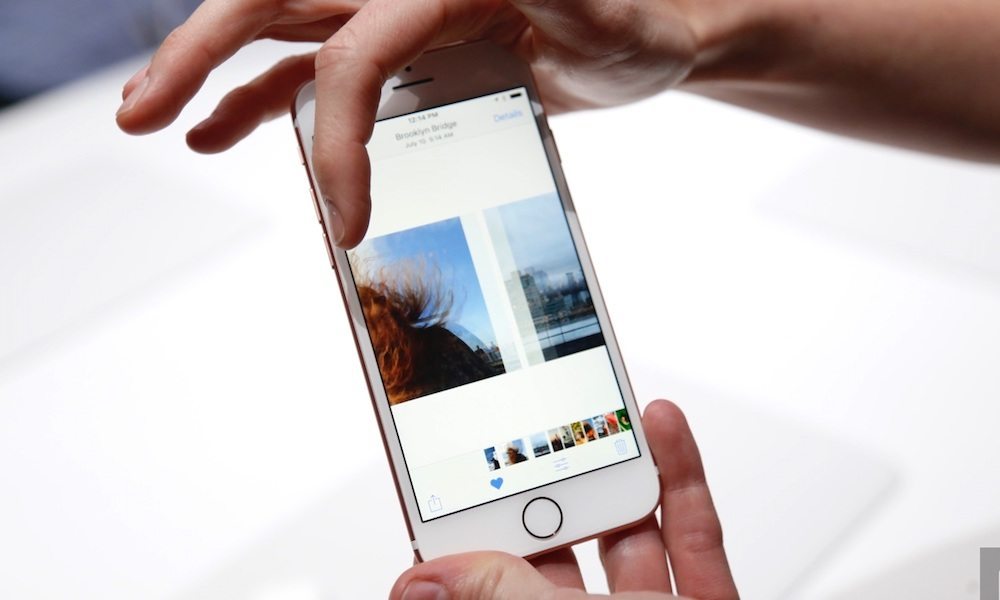iPhone Performance Throttling Can Be Turned Off in Future iOS Update

Toggle Dark Mode
On the sidelines of a visit to his company’s upcoming data center in Reno, Nevada, this week, Apple CEO Tim Cook was briefly interviewed by Rebecca Jarvis of ABC News, fielding a number of the reporter’s questions on topics ranging from his company’s recent U.S. economic announcements, its controversial iPhone battery replacement debacle, and more.
Most notably, Cook doubled-down on his previous admission that while Apple could have been clearer with its customers about the power management features it introduced in iOS 10.2.1, those features were nevertheless disclosed at the time of the software’s release.
Apple indeed rushed to explain the nature of the battery shutdown issue and how it’s caused by an “uneven power delivery” discrepancy in iOS 10.2.1’s code; however the language Apple used to describe it wasn’t clear about the “slow down” effects which could (and clearly have) compromised performance for a lot of users.
“About a year ago, we released some code that essentially what it does… is all batteries age over time and they become unhealthy at a point in time and an unhealthy battery has a probability that it will create an unexpected restart. And so you can imagine if you’re making an emergency call or you’re making an important call that’s important to you or a message that you’re waiting for, or you want to capture that moment that’s fleeting with your camera… we always focus on the user experience. So at the heart of any decision that we make is the user. We felt it would be better to take something off of the performance to prevent that from happening. When we did put it out, we did say what it was, but I don’t think a lot of people were paying attention and maybe we should have been clearer as well. And so we deeply apologize for anybody that thinks we had some other kind of motivation. Our motivation is always the user. The user is at the center of everything that we do,” Cook explained.
He went on to reiterate that Apple “deeply apologizes” to those who thought the company had ulterior motives, while promising once again that a slate of new and improved power monitoring tools are coming in a future iOS update.
New iOS Battery Management Features
Interestingly, Cook also noted that Apple plans to allow customers to control these battery management features (turn them on and off) at their own discretion.
“We’re also going to… first in a developer release that happens next month, we’re going to give people the visibility of the health of their battery. So it’s very, very transparent,” Cook explained, adding that “This hasn’t been done before, but we’ve thought through this whole thing and learned everything we can learn from it.”
“So we want to do that, and in the situation… and we will tell someone we’re reducing your performance by some amount in order to not have an unexpected restart. And if you don’t want it, you can turn it off. Now we don’t recommend it, because we think people’s iPhones are really important to them, and you never can tell when something is so urgent. Our actions were all in service of the user. I can’t stress that enough.”
Other Revelations
Asked by Jarvis whether Apple would ever introduce “a cheaper iPhone” to appease customers amid these new battery management proceedings, Cook replied that it was “unlikely,” explaining that at the end of the day, “the phone costs what the innovation inside of it costs.”
The remainder of the interview, meanwhile, focused on Apple’s sweeping economic announcements and investment plans for the U.S., which will see the iPhone maker repatriate over a quarter-trillion dollars in overseas holdings — resulting in the creation of at least one new Apple Campus, 20,000 new jobs, and more in the years to come.
Watch the complete interview here.






